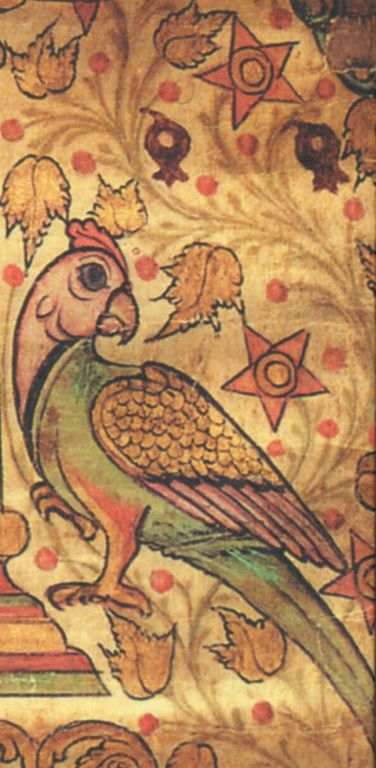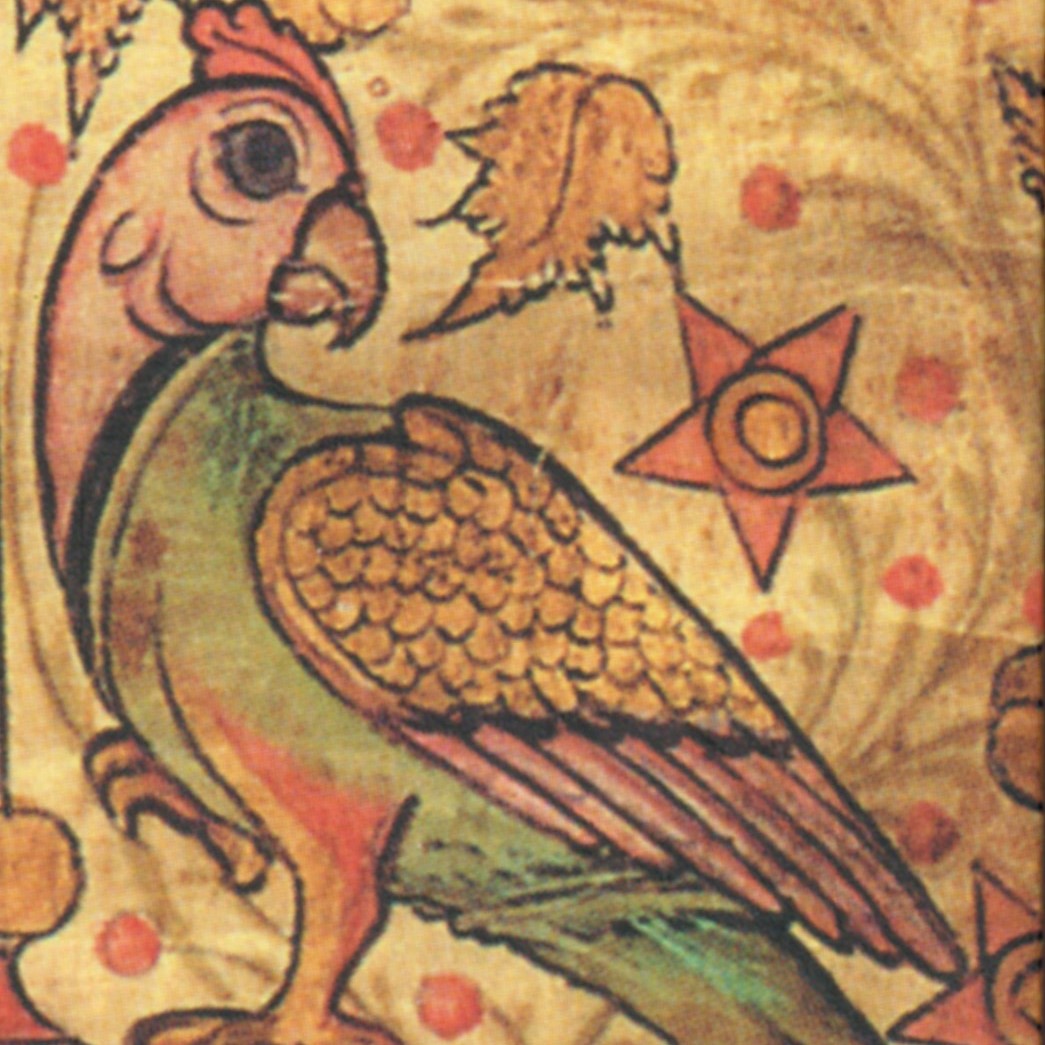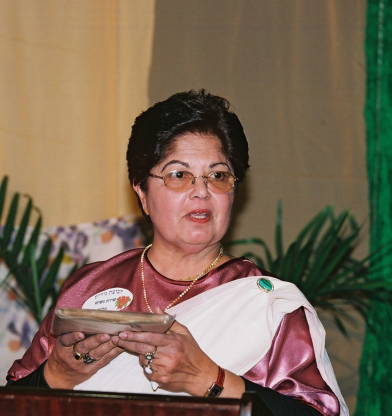1977
38. Song About Love
Sarah Cohen. Recorded by Barbara Johnson, Kochi, January 1977; II-22.
Něṟivuṃ bhayaṅgaramāya sādhakaně (x2)
Nallŏru ābhāna srṣṭiccavaně (x2)
1. The truthful and awesome God—Sadhakanĕ— (x2)
Created love so beautiful, created Ahabah. (x2)2. Of all that was created, she is most full of joy; (x2)
“Right hand of God” is the name by which she’s known. (x2)3. All God’s creations are united by Ahabah. (x2)
Love is as beautiful as the morning star. (x2)4. Through the night and through the day, Ahabah gives breath. (x2)
By love’s dancing, God Sadhakan is praised. (x2)5. To those with a strong spirit, the God of strength gives love. (x2)
All who have long life are protected by love. (x2)6. To everyone who lives, she is giving life. (x2)
Humans are praising God for the sake of love. (x2)7. By speaking only good words, she brings you close to God. (x2)
She saves the humble People from plunder and spoil. (x2)8. On account of her, they feel great happiness. (x2)
The sparks of Ahabah are like the sparks of Yah. (x2)9. O awesome, high, and mighty Sadhakanĕ, (x2)
O Thou, the rescuer of those who suffer thirst, (x2)10. Without delay, may the Holy House be built. (x2)
There we must go, and songs must be heard. (x2)11. Be blessed, be blessed, be forever blessed. (x2)
The One Who is most praised is Lord Tamburan. (x2)
Though the text of this song can be read simply as a devotional composition praising God for the gift of love—or as an allegorical comment on spiritual love between the soul and God—several women singers view it in more secular terms, making it suitable for inclusion as a song for wedding celebrations. Whereas the Hebrew word for love, ahavah, is a feminine noun covering a wide range of emotions from liking to passion, its Jewish Malayalam form ābāh or ahabah (a transliteration of the Hebrew) generally refers to romantic love between a man and woman. This connotation is intensified by the poet’s personification of love through the use of feminine pronouns, which would refer to a woman or girl in standard Malayalam. Whereas the comparison in stanza 7 of love’s fiery sparks with the sparks of Yah (also a transliteration of the Hebrew) may refer to the Kabbalistic doctrine of God’s sparks being scattered throughout the world,[1] it is also heard by some as a reference to women’s sexuality.
The spiritual emphasis of the song is evident in its use of different Malayalam terms for the qualities of God, and in the concluding verses, which are typical of other devotional hymns. Gamliel points out the creativity and inclusivity of its theology, playing with an apparent contradiction between the fearful/awesome nature of the Creator in stanzas 1 and 9 and God’s creation of love to bring joy and unite all beings (2005, 210–211). In addition to noting its Sanskritized vocabulary, she discusses its composition in the Hebrew poetic style of “end-rhyming couplets,” captured in her own Hebrew translation of the song ( 2005, 105; 2009, 243–244).
Recorded in 1977 by Sarah Cohen of the Paradesi community in Kochi, this song is found mainly in Paradesi notebooks but also appears in notebooks from Ernakulam and Parur/Chendamangalam. It probably was composed by Isaac E. Hallegua (1862–1941), the first Kerala Jew to attend university, who was fluent in Hebrew and English as well as Malayalam. It is attributed to him in one notebook and in another to his brother (or uncle), Yosef Hai Hallegua (1844–1937). Both of them also wrote songs in Hebrew. However, the literary tone of its highly Sanskritized vocabulary suggests the authorship of a university-educated person, and the perhaps playfully suggestive double-meanings may also remind the reader of the next two, clearly secular, songs (39 and 40), which are also attributed to Isaac E. Hallegua.
______________________________
[1] See also Song of Songs 8:6, “Love is strong as death, jealousy (passion) is cruel as the grave; the flashes thereof are flashes (sparks) of fire, a very flame of Yah.” Thanks to Rebecca Lesses for the citation and translation, her more literal adaptation of the 1917 Jewish Publication Society rendering (https://www.sefaria.org/Song_of_Songs.8.6?ven=The_Holy_Scriptures:_A_New_Translation_(JPS_1917)&lang=bi&with=Translations&lang2=en).







